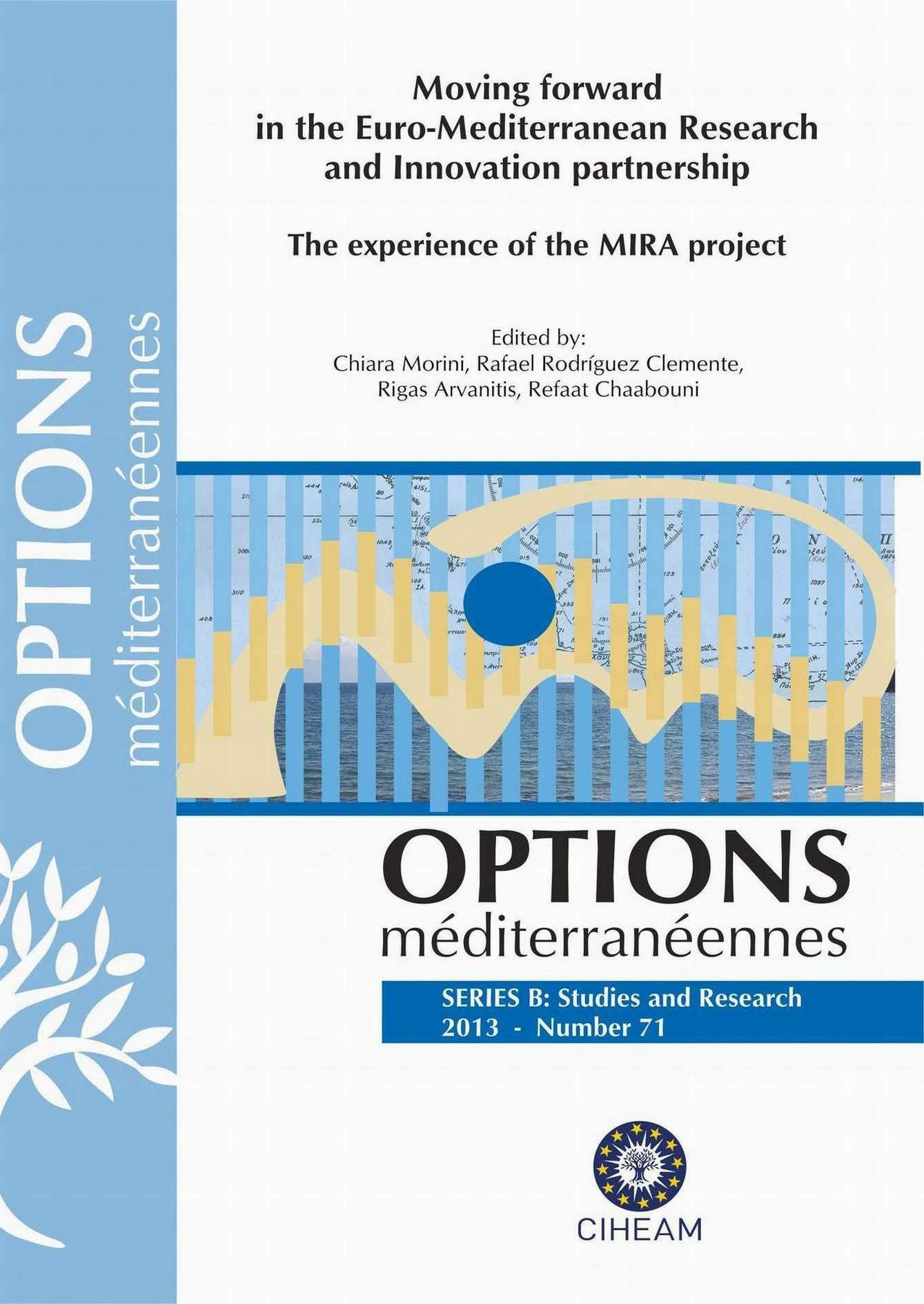| Article précédent | p. 63-78 | Article suivant |
First lessons learnt from the Mediterranean ERA-WIDE projects_x001B_
In 2010, the European Commission launched a new scheme targeting directly research centres from the European Neighbourhood Policy (ENP) countries. The ERA-WIDE scheme was aimed at reinforcing the cooperation capacities of the ENP countries, involving the different thematic priorities of FP7. Between 2010 and 2011, approximately thirty ERA-WIDE projects were selected for funding with the focus being on the Mediterranean Partner Countries. This paper presents a preliminary assessment of these projects, highlighting the lessons learnt so far. It is divided into four main parts. The first part presents the ERAWIDE scheme and its potential impact in terms of human capital development. Part two gives an overview of the ERA-WIDE projects funded across the Southern Mediterranean region. Part three highlights some experimental practices used to coordinate the projects at a regional level. It examines the extent to which these practices can contribute to strengthening the impacts of the projects and complementing previous initiatives funded by the International Cooperation Programme of DG Research and Innovation under FP7. The last part of the paper presents some indicators employed to assess the final impact expected at a later stage, as well as some recommendations to make the most of this approach. This paper employs material and observations acquired by the authors through their involvement in ERA-WIDE INCO activities as project officers, coordinators and reviewers.
En 2010, la Commission Européenne a lancé un nouveau programme visant directement le renforcement des capacités de coopération des centres de recherche des pays de la Politique Européenne de Voisinage (PEV) impliqués dans des thématiques prioritaires correspondantes à celles du VII PCRD. Entre 2010 et 2011, une trentaine de projets ERA-WIDE ont obtenu un financement parmi les Pays Partenaires Méditerranéens. Cet article présente une évaluation préliminaire de ces projets en soulignant quelques unes des leçons apprises jusqu’à présent. Il est divisé en quatre principales parties. La première partie introduit le programme ERA-WIDE et son impact potentiel en termes de développement du capital humain. La deuxième partie offre une vue d’ensemble des projets ERA-WIDE financés sur la région Méditerranéenne. La troisième partie souligne quelques pratiques expérimentales utilisées pour coordonner les projets à un niveau régional. Elle analyse dans quelle mesure ces pratiques peuvent contribuer à renforcer l’impact des projets et compléter des initiatives précédentes financées par le Programme de Coopération Internationale de la DG Recherche et Innovation de la Commission Européenne sous son VIIème PCRDT. La dernière partie de cet article propose quelques indicateurs pour évaluer l’impact final des projets une fois qu’ils auront atteint un stade de mis en oeuvre plus avancé, ainsi que certaines recommandations pour valoriser cette approche. Cet article repose sur du matériel et des observations acquises par ses auteurs au cours de leur participation dans les activités des projets ERA-WIDE, que ce soit en tant que gestionnaires, coordinateurs ou évaluateurs.
- [ Afficher ]
- [ Télécharger ]
- [ Exporter la citation ]
Vous pouvez télécharger la citation au format :
- [ Imprimer ]
-
Mots-clés
AUTONOMISATION, COOPERATION INTERNATIONALE, DEVELOPPEMENT DES CAPACITES, PROPRIETECiter cet article
Pancera A., Papageorgiou K., Boutros S., Bousselmi L., Abdelhak S., Al-Bawab A. First lessons learnt from the Mediterranean ERA-WIDE projects_x001B_ . In : Morini C. (ed.), Rodriguez Clemente R. (ed.), Arvanitis R. (ed.), Chaabouni R. (ed.). Moving forward in the Euro-Mediterranean Research and Innovation partnership. The experience of the MIRA project. Bari : CIHEAM, 2013. p. 63-78. (Options Méditerranéennes : Série B. Etudes et Recherches; n. 71). http://om.ciheam.org/om/pdf/b71/00006773.pdf



